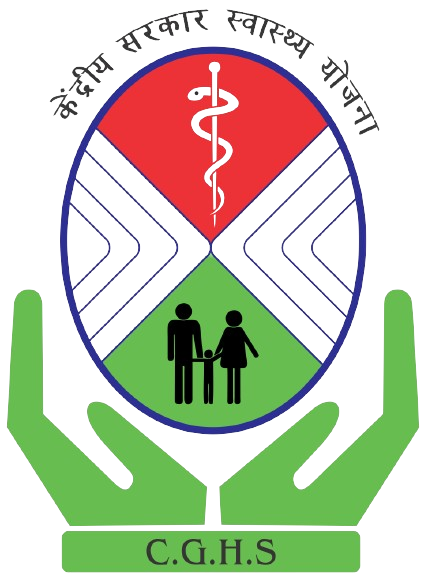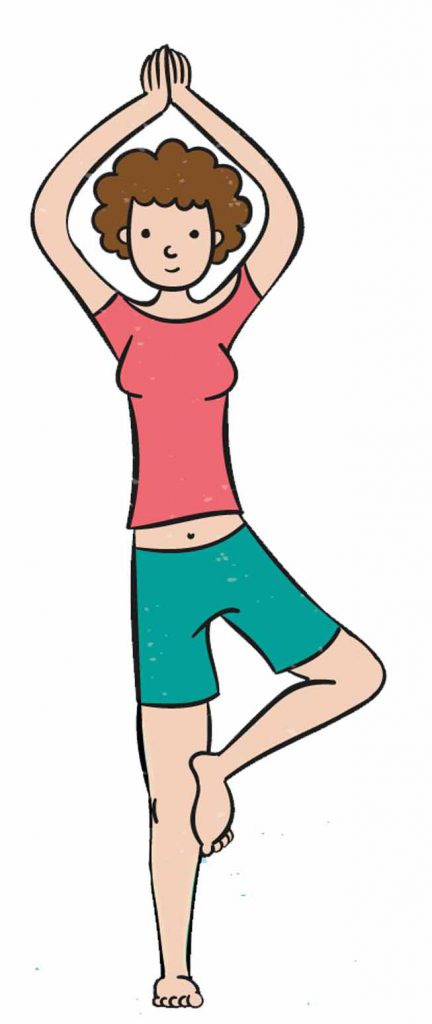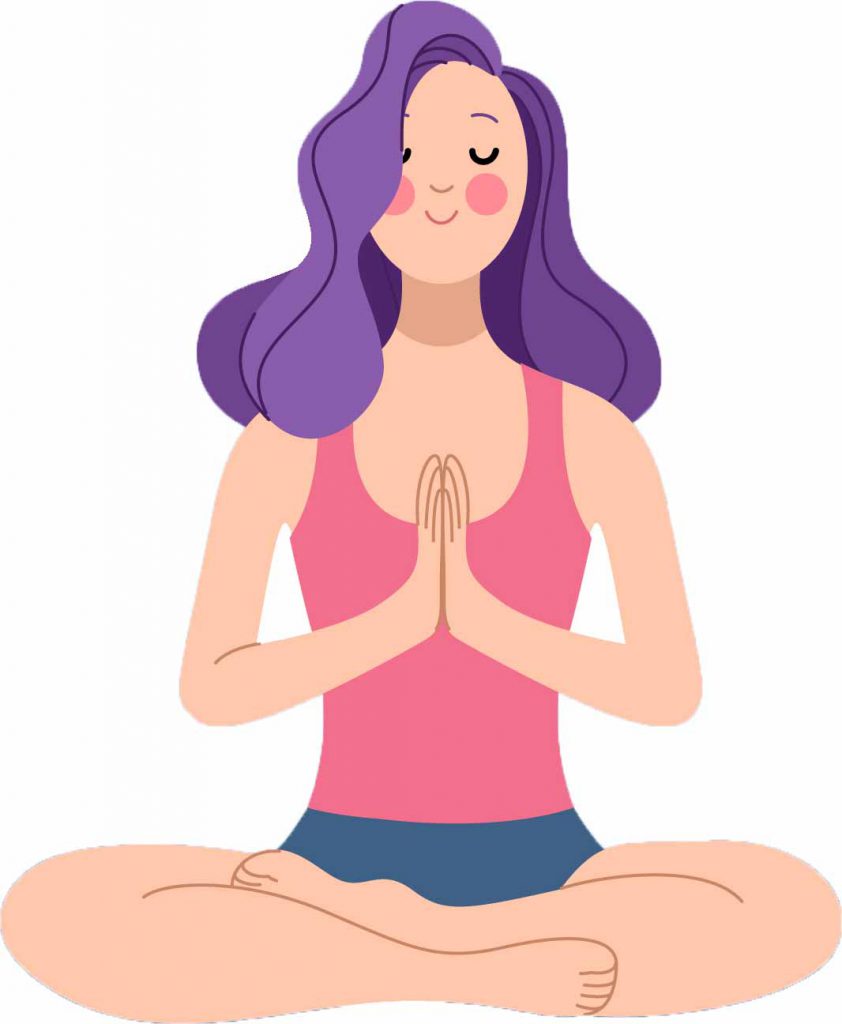Historically Ayurveda has considered an unhealthy diet to be a potential cause of the mental imbalance. This is because when our food is not properly and efficiently digested, unwanted metabolic by-products of digestion (called “ama” in Ayurveda) get produced. There are primarily 3 kinds of ama, vata ama, pitta ama, and kapha ama. Vata ama causes nervousness and anxiety, pitta ama causes irritability, and kapha ama causes low ambition and depression. Both one’s psychophysiological type (vata, pitta, or kapha), and the type of food one is eating, determine which type of ama gets produced. A consultation with a trained Maharishi AyurVeda practitioner can help you design an “ama free” diet best suited to your particular constitution. Other factors that produce ama include how fast you eat, how well you chew your food, and the quantity consumed.
Exercise, according to Ayurveda, is considered vital to mental health. Modern medical research has begun to substantiate this ancient prescription. Exercise increases serotonin and endorphins, neurotransmitters that are well known to improve mood. In addition, exercise reduces chemicals in the bloodstream that cause inflammation throughout the body, including in the brain. Inflammation is being discovered to be one of the potential causes of a variety of mental illnesses. However, the degree of exercise that is recommended is dependent upon one’s psychophysiological type. Too little or too much exercise can be harmful, so it’s useful to know whether you are a vata, pitta, or kapha type. Vata types feel their best emotionally with mild to moderate exercise, such as walking or light jogging. If Vata types over-exercise, it can increase anxiety. Pitta types feel best with a moderate amount of exercise. Swimming is ideal for pittas because it tends to keep them from overheating, which in turn can increase irritability. Kapha types feel happiest when they get a greater degree of aerobic exercise. Otherwise they can feel phlegmatic and depressed.
Some of the world’s most renowned quantum field theorists in physics have postulated that our thoughts and emotions are wave functions, similar to the wave functions of light and fine particles such as quarks and leptons. Waves are a vibratory phenomenon. The Maharishi AyurVeda herbal preparations work on many levels of the physiology, such as the biochemical level. But they are also described as working at the quantum level, which includes the level of our thoughts and emotions. Each plant is known to have a specific frequency, or wave pattern, which, when ingested, resonates with specific parts of the body that have a similar wave frequency. Hence, the Maharishi AyurVeda herbs work at a very deep and subtle level. Many studies have shown that certain Ayurvedic herbal preparations can be helpful to improve mood and cognition. Maharishi AyurVeda products such as Mind Plus, Study Power, and Stress Free Mind and Emotions are a few examples of herbal combinations that can help to promote balance in mental and emotional functioning.









